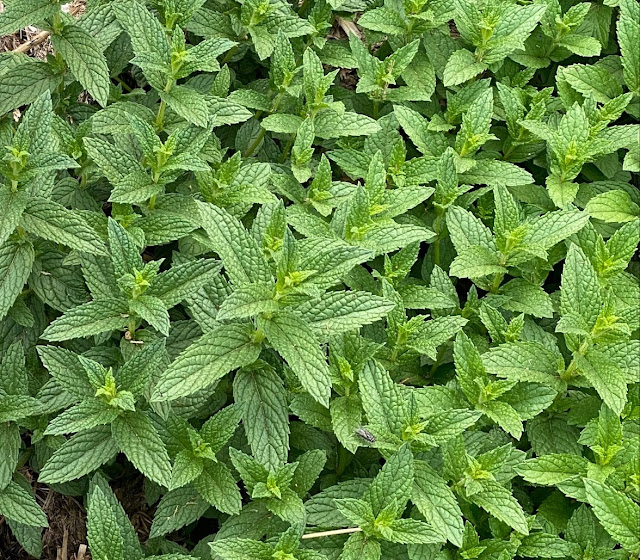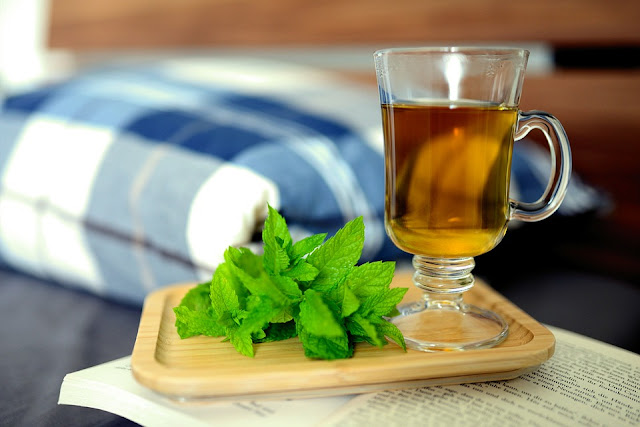Amish Meadow Tea: A Refreshing Blend of Herbs and Nature's Goodness | Discover the Benefits and How to Make It
Step into the world of Amish homes and roadside stands in the vibrant
seasons of spring and summer, and you'll encounter the delightful
popularity of Meadow Tea. A cherished tradition among the Amish
community, this refreshing fresh herbal infusion holds a special place in
their hearts and cups. As the meadows burst with life, the enchanting
aroma of mint varieties and the soothing presence of lemon balm fill the
air. Join us on a journey as we explore the rich heritage, health
benefits, and brewing techniques of Meadow Tea—a beloved beverage that
captures the essence of Amish life and God's bountiful gifts.
A Medley of Beneficial Ingredients:
The Amish utilize a variety of herbs known for their therapeutic properties to create their version of Meadow Tea. These include invigorating mint varieties such as wooly mint, chocolate mint, peppermint, and soothing lemon balm. Beyond their delightful flavors, these herbs harbor a treasure trove of health benefits that make each sip of Meadow Tea a nourishing experience.
Promoting Digestive Health:
The inclusion of mint varieties in Meadow Tea lends it digestive benefits. Mint, known for its soothing properties, may help alleviate digestive discomfort, reduce bloating, and aid in digestion. This can be particularly refreshing after a meal or during periods of digestive upset.
Relaxation and Stress Relief: Lemon balm, another key ingredient in Meadow Tea, is renowned for its calming and relaxation-inducing properties. It may help reduce anxiety, promote better sleep, and alleviate stress. Sipping on a cup of Meadow Tea can be a delightful way to unwind and find respite from the demands of daily life.
Antioxidant Powerhouse: Several of the herbs used in Meadow Tea, including lemon balm and peppermint, possess antioxidant properties. Antioxidants help protect the body against the harmful effects of free radicals, which can contribute to cellular damage and oxidative stress. By incorporating Meadow Tea into your routine, you can introduce a natural source of antioxidants to support overall well-being.
Aids in Hydration: Staying properly hydrated is vital for maintaining optimal health, and Meadow Tea can contribute to your daily fluid intake. This flavorful alternative to plain water encourages hydration while providing additional benefits from its herbal composition.










.jpg)

Comments
Post a Comment